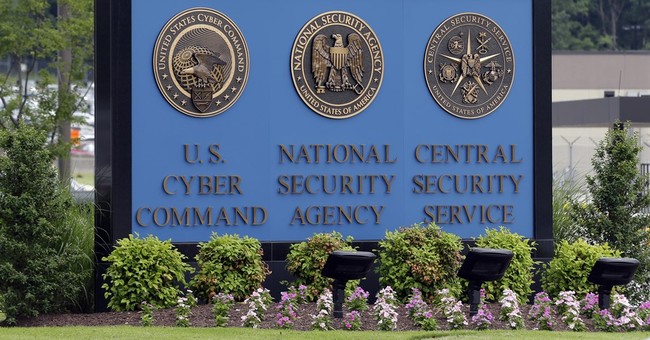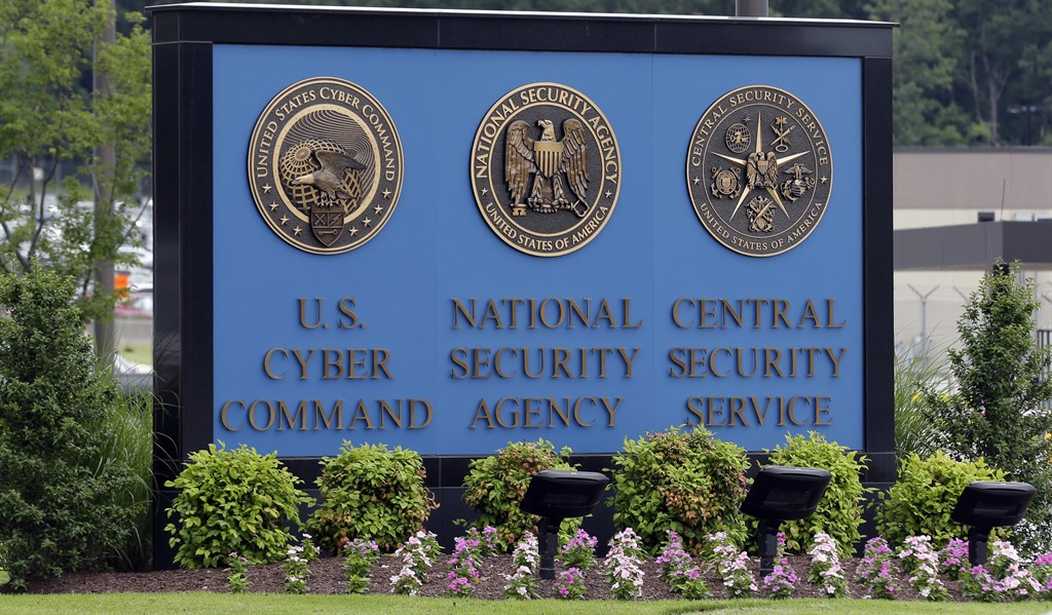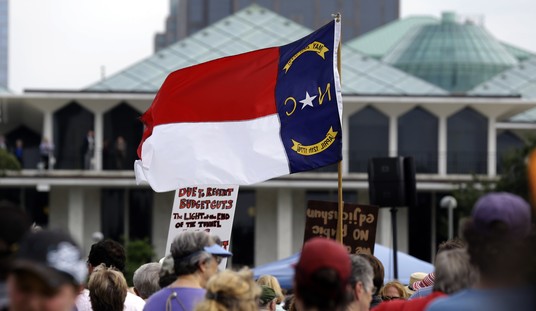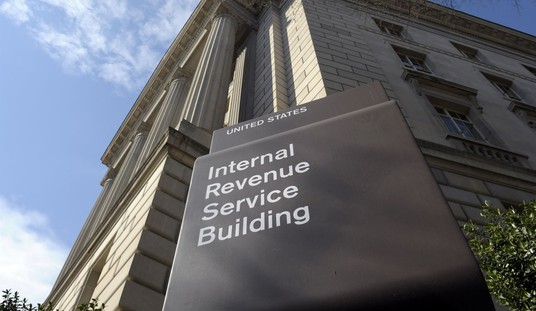
On August 1 Paul Sperry of RealClearInvestigations put up this post on Twitter:
DEVELOPING: Sources say special prosecutor Bash is looking @ Obama admin's "to/from/about" queries related to NSA's upstream collections of FISA Sec 702 data going back to 2015 & earlier,which include collections involving US citizens & the use of that raw data by FBI contractors
— Paul Sperry (@paulsperry_) August 1, 2020
That’s the proverbial “sources say” claim, which is normally very difficult to verify. “Bash” is United States Attorney John Bash from the Eastern District of Texas, who Attorney General Barr has tasked with looking further into the “unmaskings” by various Obama Administration officials of the names of Trump campaign officials during the home stretch of the 2016 election, and Trump Administration officials during the transition period.
If true, this would be a huge development. I waited for 48 hours to see if any further news of this report began to circulate in reporting on Saturday, or the Sunday talk shows. So far I haven’t seen anything.
While some — based on responses to Sperry’s tweet — seem to understand the implications of this potential development, it seems that a “primer” might be warranted on what Perry is referring to, why it is important, and how this report by him, if accurate, could signal a linkage between two significant corrupt abuses of the intelligence gathering activities by persons in the Obama Administration. The place to start, it seems to me, is with what Perry is referring to when he mentions Section 702, NSA, and “to/from/about queries.”
Section 702 is a reference to a provision of the Foreign Intelligence Surveillance Act which permits the government to target and intercept communications of all types of foreign persons outside the United States, and compels the cooperation of electronic communications service providers in collecting such information. This collection is accomplished by the NSA — National Security Administration — which conducts “signals intelligence” gathering for the government. That includes land line telephones, cellular telephones, text messaging, internet, and email communications. As a general matter, NSA has the technological capability to “vacuum” up massive amounts of data involving these kinds of communications, which it stores in massive databases that can be accessed by NSA analysts using data analysis tools NSA has created for such purposes. It is the very embodiment of “Big Brother.”
But this information is “collected” by the government without regard for Fourth Amendment considerations. The data sits unused or unexamined in NSA databases, thus the Fourth Amendment right to privacy with respect to the contents of this data are not implicated.
What Section 702 authorizes is for the government to employ the analysis tools to search the databases for information about foreign persons outside the United States. Such persons have no recognized protection under the Fourth Amendment to the Constitution, so they have no “expectation of privacy” with respect to the information gathered and stored by NSA. To obtain such information, an intelligence official sends a request for information to the NSA which identifies what they are looking for. An NSA analyst then executes the search of the database and delivers any material that results back to the official who requested it.
As a practical example, say an FBI agent investigating a particular terrorist cell in Syria is provided a telephone number from a source, with information that the number is connected to the leader of the cell under scrutiny. The Agent can send a “query” request to the NSA about that number. The request can include all “To”, “From”, and “About” information in the NSA databases regarding that number. The FBI Agent will get back from NSA a report of all numbers that were called by the target number (“To”), all numbers that called the target number (“From”), and any other data “About” the target number. This report is not just a list of numbers called, but also the actual content of those calls where the NSA was able to intercept and record them in real-time as they happened. Yes, the NSA is “listening”.
As noted above, this all happens without the benefit of a warrant because to the extent the information relates only to foreigners outside the United States, the Fourth Amendment is not implicated, and Section 702 provides all the authorizations, details, and protocol that must be followed to ensure the process is not abused.
But the FISA places all these operations under the jurisdiction of the Foreign Intelligence Surveillance Court, and the Department of Justice is tasked with making various reports to the FISC each year regarding Section 702 activities. This this is where the problems began with regard to the Obama Administration, “To/From/About Queries”, “unmaskings”, and “USPs” — United States Persons.
These will be subjects of additional articles in the days ahead. Those who followed this story already know the rough sequence of events. But for those who don’t, in 2015-16, NSA Administrator Admiral Michael Rogers asked for a routine internal audit to be done of Sec. 702 search requests. The preliminary audit results showed a significant pattern of abuses in terms of FBI queries that involved United States Persons (USPs). It is not unexpected that USPs would be revealed as the “To” or “From” numbers gathered in a normal NSA query. When such information is produced by NSA, the identity of the USP is required to be “masked” by NSA before the report is produced. Among the findings of the audit was that “About” queries were being submitted by the FBI with regard to identified “USPs”, which was a violation of Sec. 702 minimization rules. When he inquired further, Rogers found that these queries were not just coming from FBI Agents and Intel Analysts, but from contract employees of private companies doing work on contracts entered into by the FBI for specific projects. The identities of these contractors have never been publicly identified so far as I know, nor the nature of the contracts they were working under. The use by the FBI of contractors to do certain kinds of data analysis is not unusual, so just the existence of such contracts and contract employees is not the problem. The problem is what Adm. Rogers uncovered with regard to what they were doing.
Rogers ordered that access by those contractors be cut off immediately, and he informed the FISC that a problem had been found in the Section 702 program operations.
This compelled the National Security Division of DOJ, in its annual report to the FISC on Section 702 activities, to acknowledge the violations. This was done in October 2016 — just days after DOJ obtained the FISA warrant for Carter Page — by then-Assistant Attorney General for the National Security Division John Carlin. Carlin resigned from DOJ shortly thereafter, and his place was taken on an “Acting” basis by his Deputy, Mary McCord.
In April 2017, FISC Presiding Judge Rosemary Collyer issued a blistering 99 page opinion recounting the abuses of Sec. 702 by the Obama Administration.
Admiral Rogers’ audit findings, Judge Collyer’s Opinion, and how they are implicated by report that US Attorney Bash has expanded his investigation to include “To/From/About Queries” under Sec. 702 will be explored further in the days ahead.













Join the conversation as a VIP Member